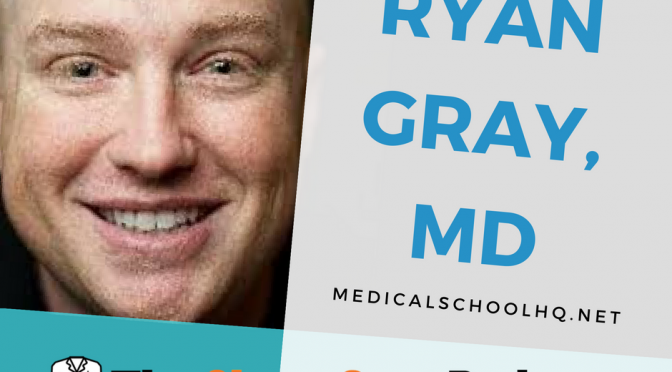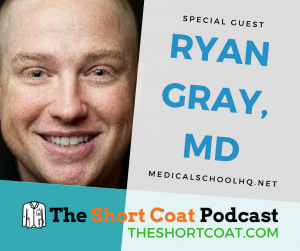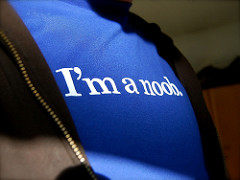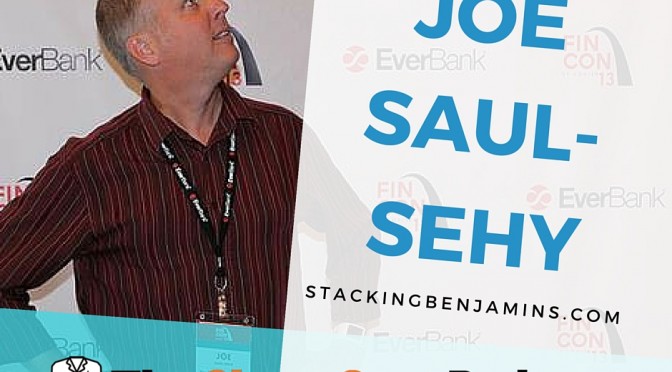Podcast: Play in new window | Download (Duration: 44:27 — 61.1MB)
Subscribe: Spotify | RSS | More
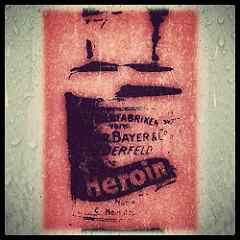

Close your eyes, and picture an opioid abuser. If you’re like me, you see a man in a flophouse or dark alley. He’s cooking up heroin in a spoon over a lighter. Maybe he has a loop of tubing around his upper arm, and he’s shooting the heroin into a vein in the crook of his elbow. Once he’s done with the injection, he leans back with a euphoric sigh. Fade to black.
Maybe it’s just me, but this is the image that, for years, mediated my perception of the opioid epidemic, but it’s a stereotype created by television and movies. Even as a stereotype, it’s outdated, though. For decades, now, much of the epidemic is one of prescription drugs. The CDC says 78 people die from opioid overdoses every day. At least half of all opioid overdoses are from prescription drugs. Meanwhile, deaths from illegally made opioids, like the synthetic Fentanyl which is often mixed with heroin or cocaine to increase the high, increased 80% from 2013 to 2014. The American Society of Addiction Medicine says that prescription pain reliever overdose deaths among women increased more than 400% from 1999 to 2010, compared to 237% among men. In 2014, 168,000 adolescents were addicted to prescription pain medications. More than 2 and a half times that number of kids were taking prescription pain relievers for non-medical uses.
Next week, from September 26 to September 30, 2016, the University of Iowa Carver College of Medicine will host the Opioid Overdose Prevention Summit. Second-years med students Sarah Ziegenhorn, Petra Hahn, and Cameron Foreman helped organize the conference, in which students from the Colleges of Medicine, Dentistry, Pharmacy, Social Work, Public Health, and Nursing will join together to increase their knowledge and to influence public policy and legislation; personal perspectives; and student advocacy. , Sarah, Petra and Cameron were joined by Assistant Dean Denise Martinez and Nurse Kim Brown, whose son Andy died of an overdose, to talk about the issues of opioid addiction, treatment, and overdose prevention.
Continue reading The Modern Opioid Epidemic







